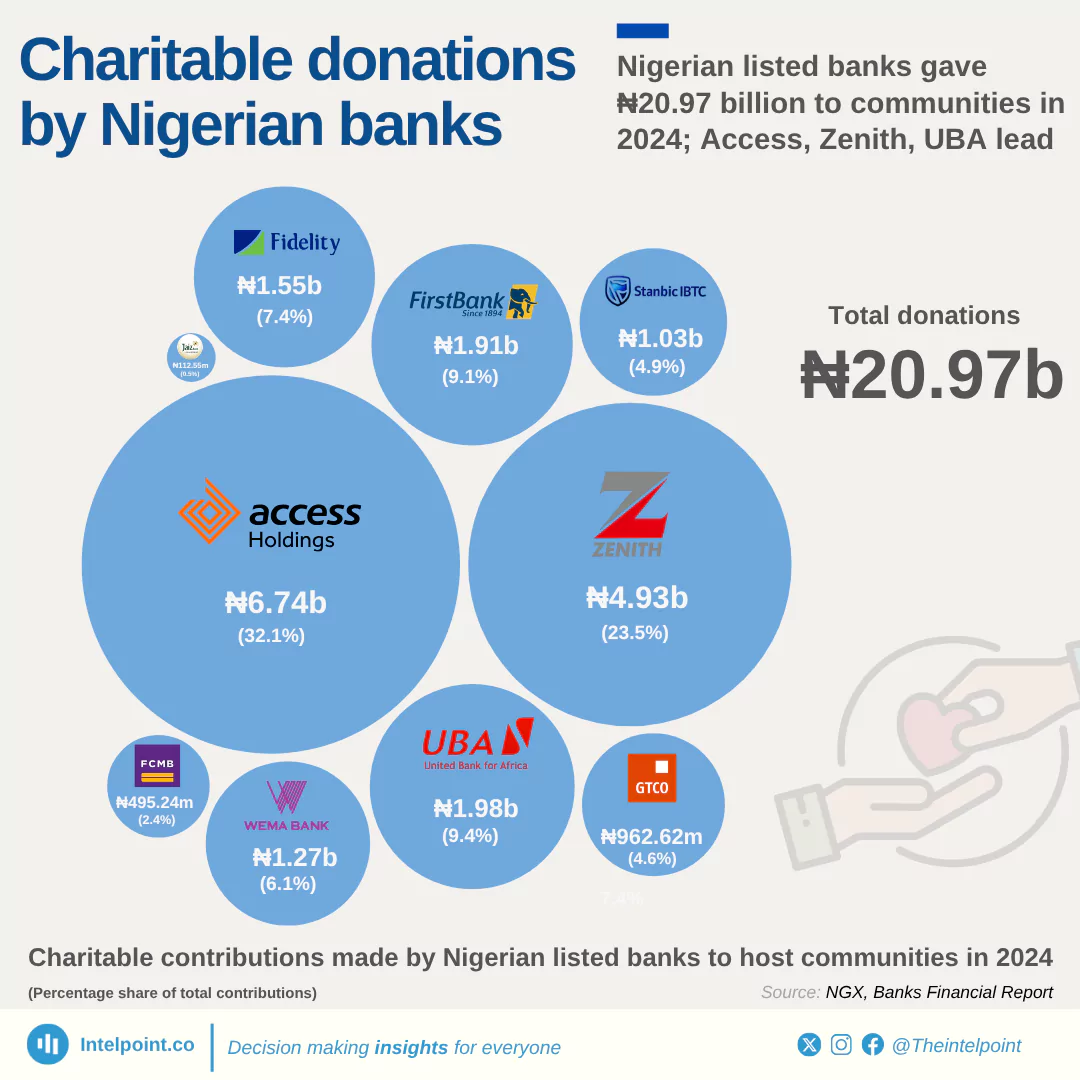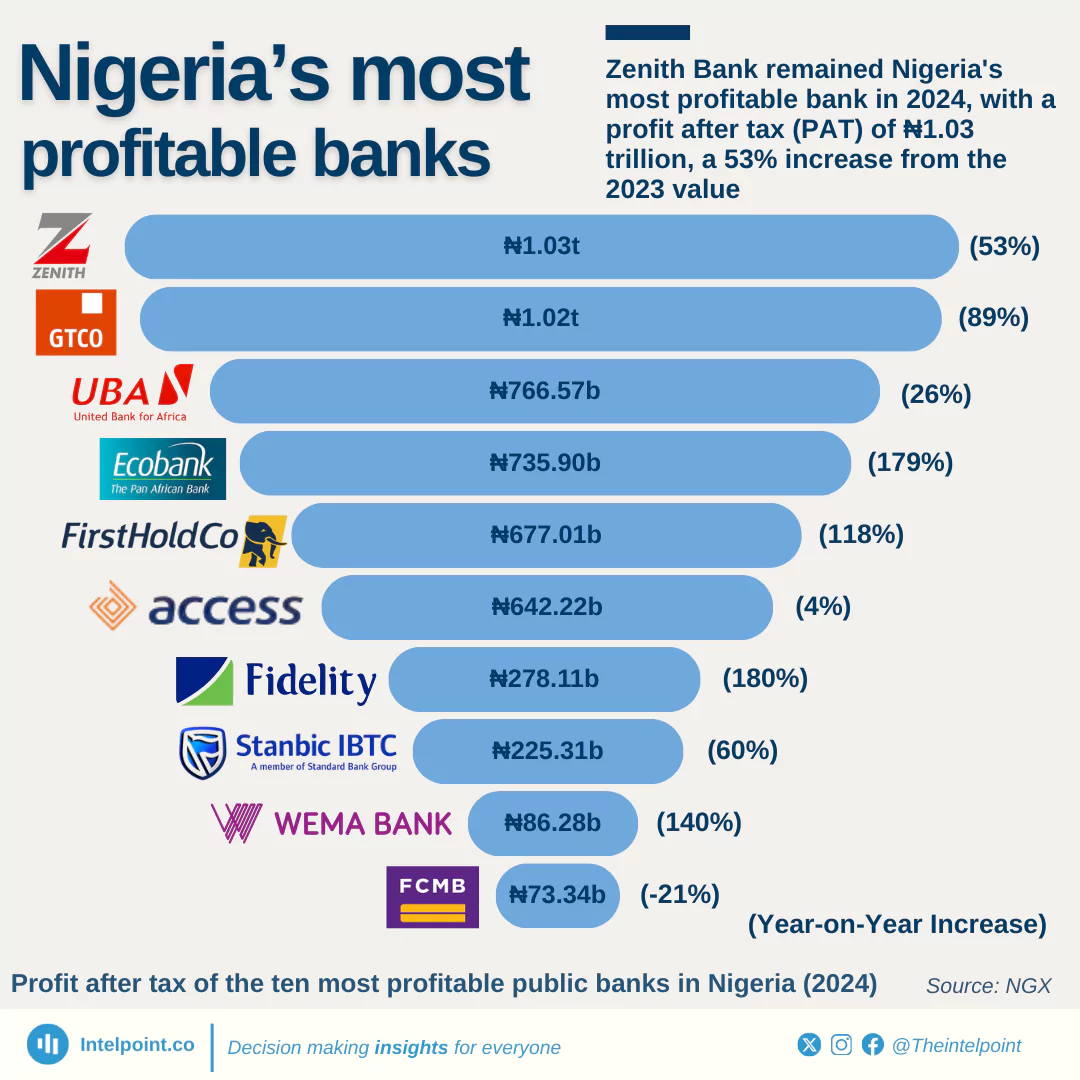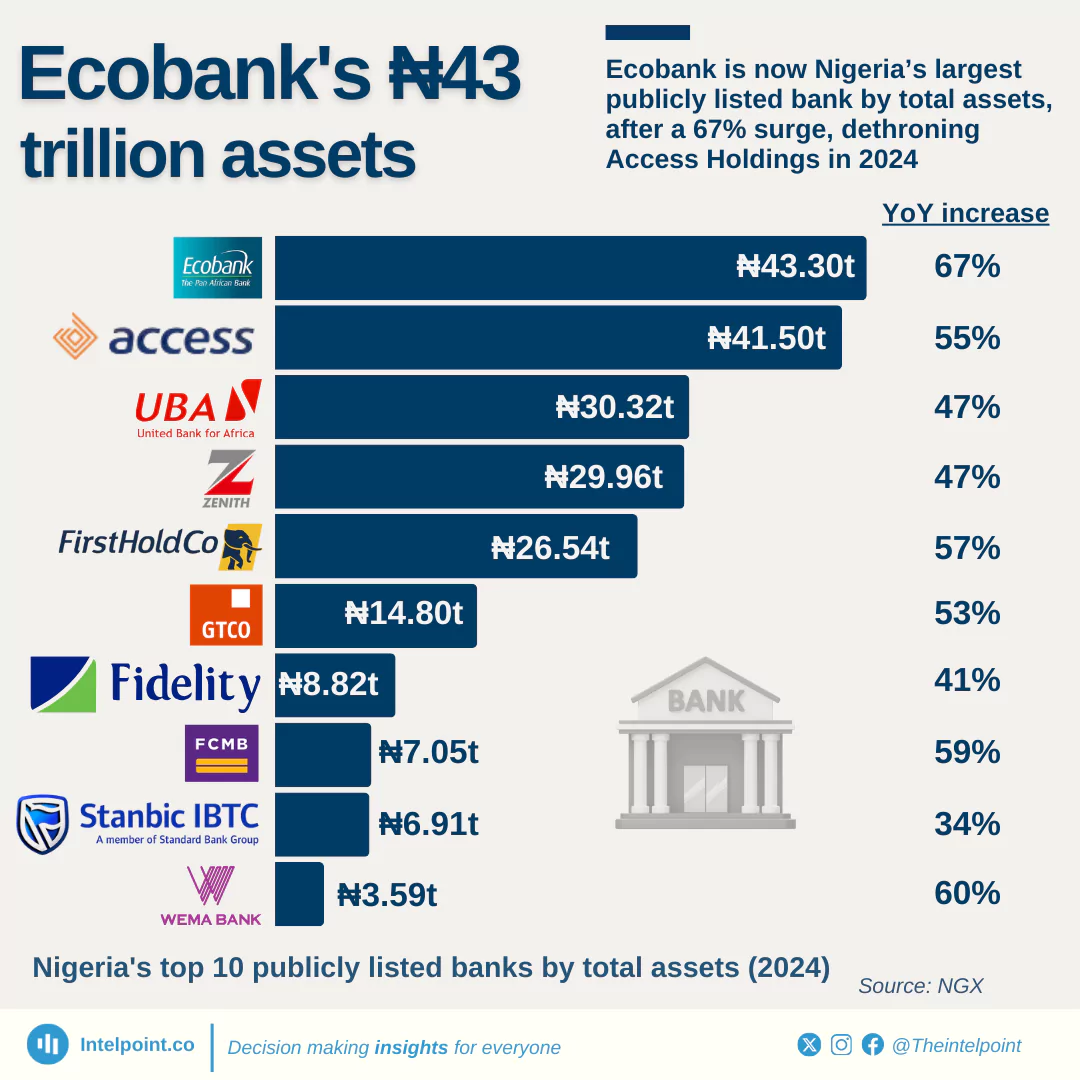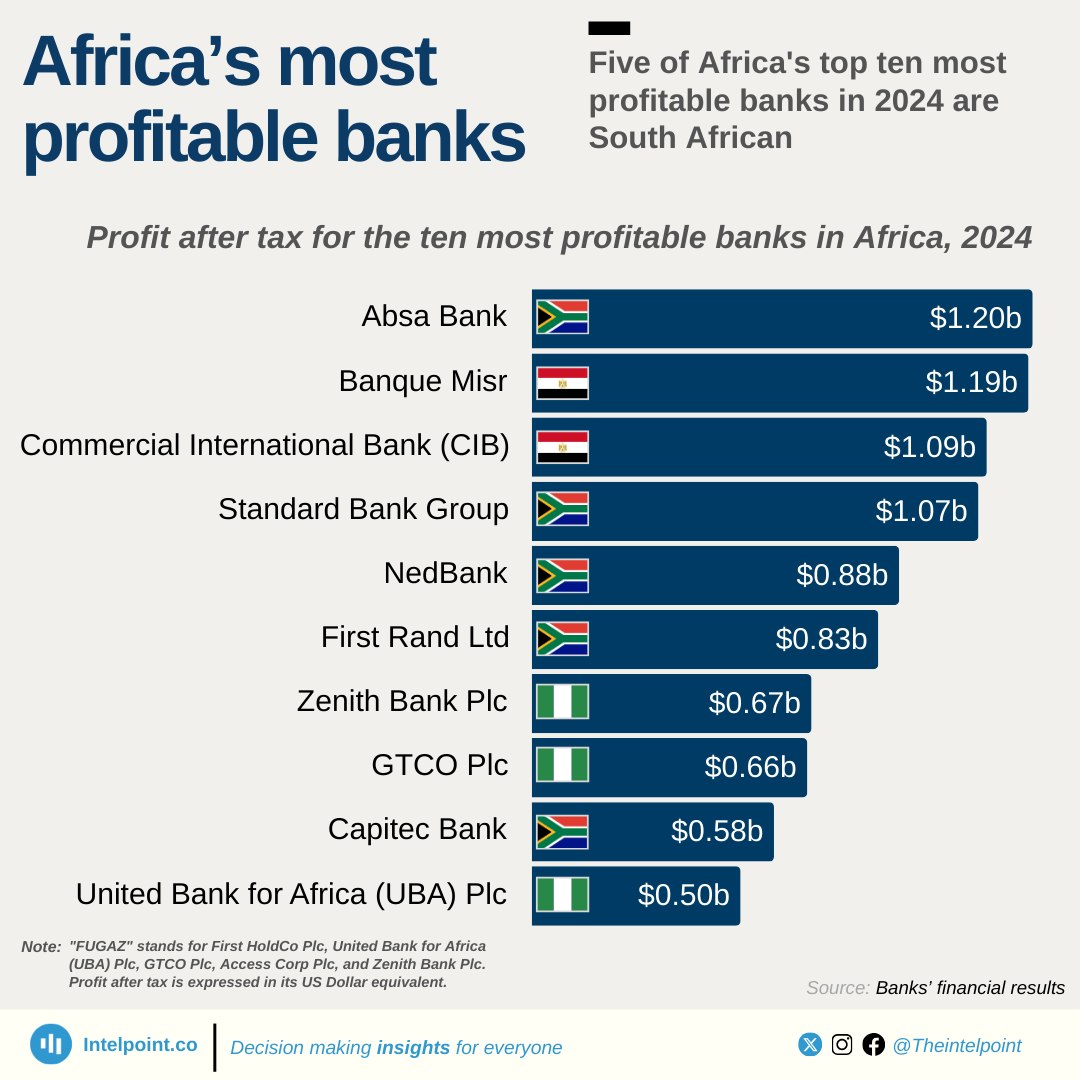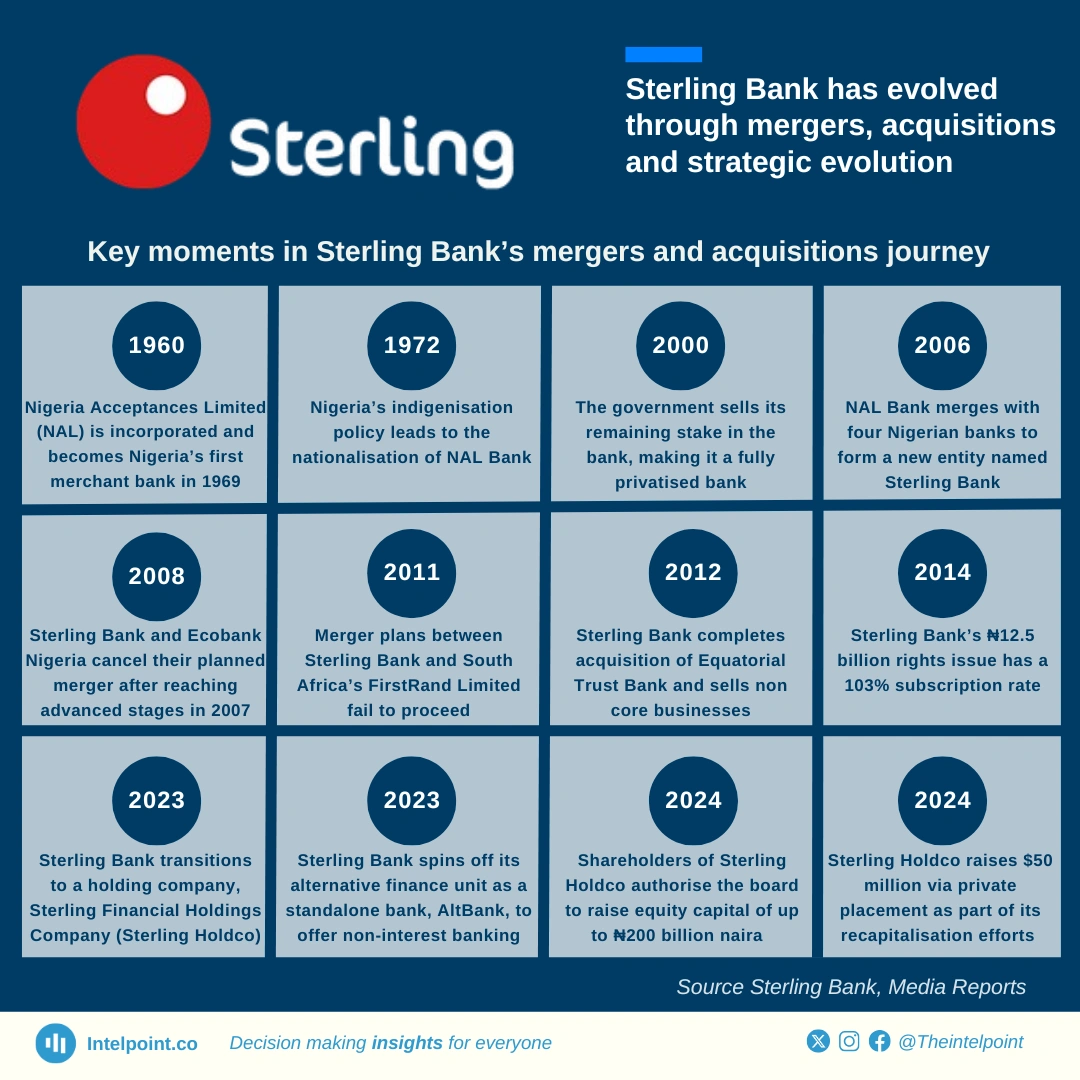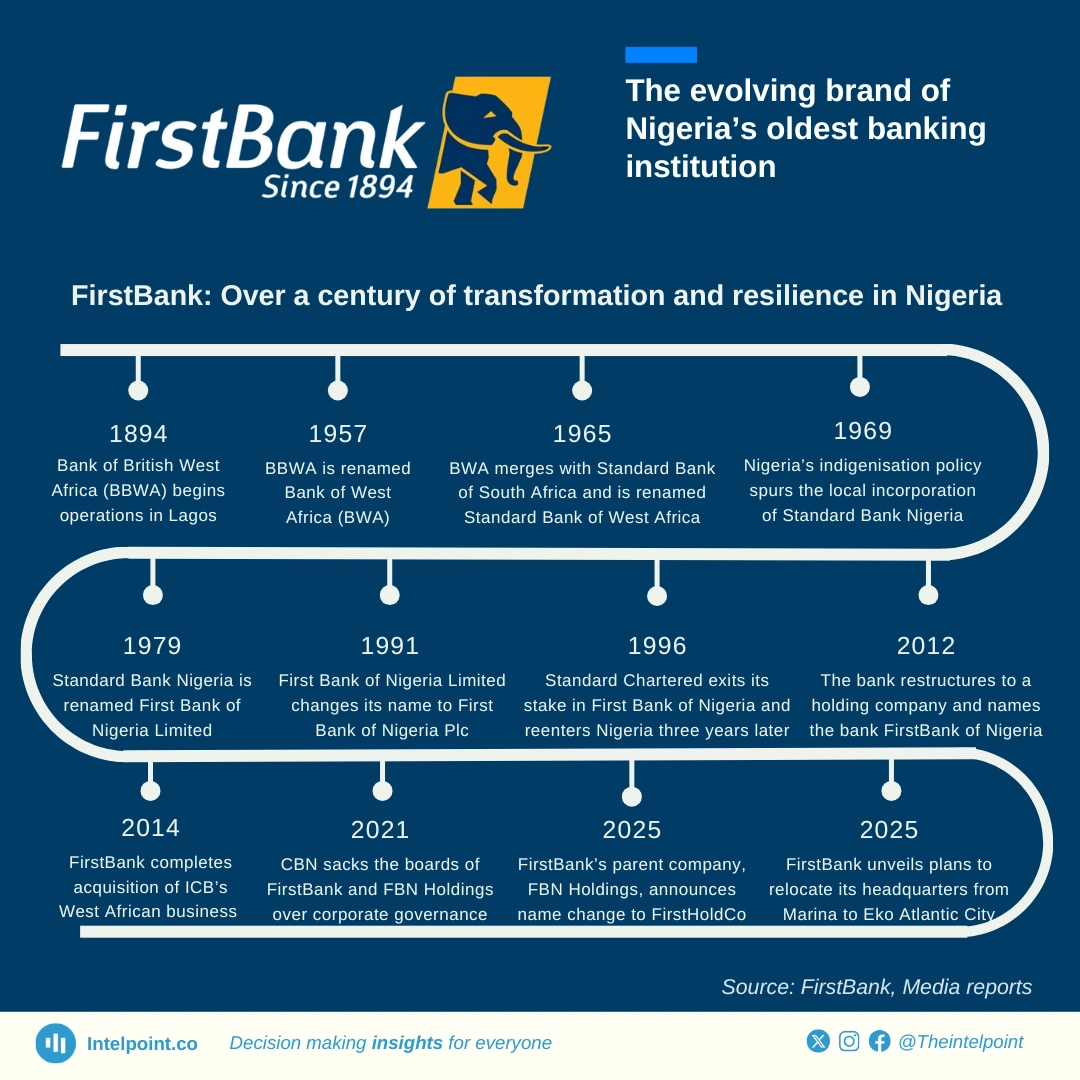Seven Nigerian commercial banks have international authorisation. Per the new capital requirements, these banks must raise their shareholders' funds to ₦500 billion by April 2026, up from ₦50 billion, to retain their licences.
All seven banks have footprints in the UK, where FCMB and Fidelity Bank operate, underutilising their licence. Ghana and Sierra Leone are the only countries where all the big five have a presence.
While UBA is present in more countries than any other bank, Access is catching up quickly and poised to overtake it. In the past two years, it has expanded into over five countries, with plans to grow its presence to nearly 30 countries by 2027.
